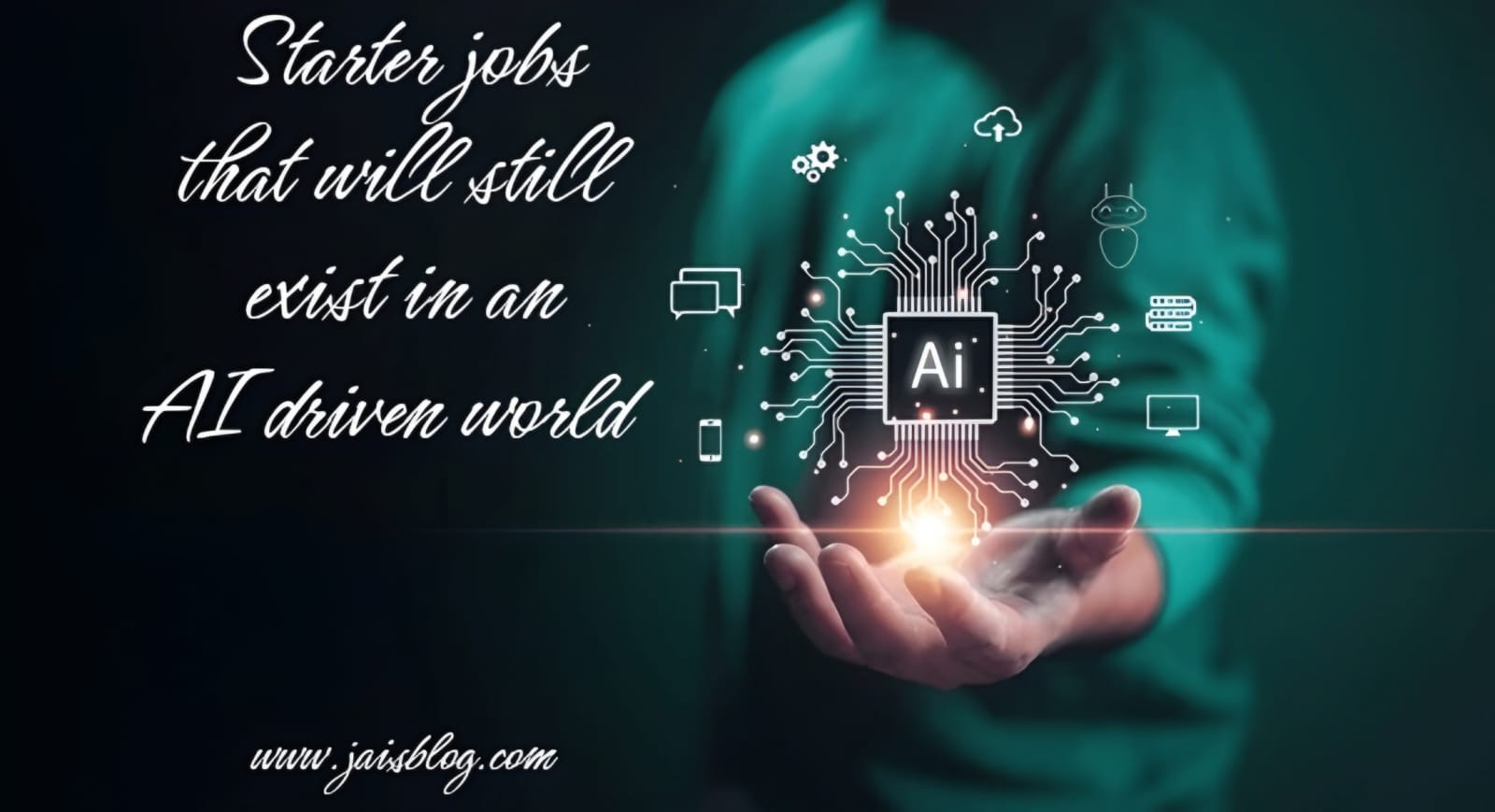Quick as lightning, artificial intelligence is changing many fields. Many traditional entry-level jobs are changing or going away because of things like self-checkout machines and chatbots that do the work for you. But there are still some entry-level jobs that require empathy, dexterity, adaptability, and good judgment that are hard to replicate. If you’re about to start working and want to know which jobs are less likely to be taken over by machines, read on.
Thank you for reading this post, don't forget to subscribe!Apprenticeships in skilled trades
Electricians, plumbers, carpenters, and HVAC technicians all have to solve problems by hand in environments that aren’t always predictable. AI and robotics can help, but people are still needed for repairs on-site, creative problem-solving, and talking to customers. People will still want to do apprenticeships in skilled trades.
Supporting roles in healthcare
Medical technicians, nursing assistants, and home health aides need to be able to care for patients physically and understand their needs. AI can make administrative tasks easier and help people make decisions, but nothing can replace a human touch or a good bedside manner.
Early Childhood Education and Childcare
Human interaction, emotional attachment, and subtle communication are all very important to young children. In order to promote social and emotional development, parents and schools will still require human teachers and caregivers, even though AI can provide educational games and resources.
High-Personal-Interaction Hospitality and Service Roles
Hotel front desk employees, event planners, restaurant servers, and concierges all depend on empathy, improvisation, and developing relationships. AI can assist with reservations or simple questions, but it can’t replace the warmth and spontaneity of human hospitality.
Entry-Level Creative and Artistic Jobs
Even though AI-generated writing and art are becoming more common, creative industries still rely on emotional authenticity, cultural context, and originality. Because human creativity shapes brand identity and storytelling, positions like marketing assistants, junior designers, and content creators will change but not go away.
Trainees in Public Safety and Emergency Response
Quick thinking, bravery, and empathy are critical in the high-stakes, unpredictable situations that firefighters, emergency medical technicians, police cadets, and disaster relief workers encounter. Although they may be assisted by AI tools, the jobs themselves necessitate human judgment in hectic settings.
Roles in Sales and Customer Relations
Account coordinators, retail associates, and entry-level salespeople still thrive on establishing rapport and answering challenging inquiries. While AI can help with data and suggestions, it is difficult to replace a human’s capacity for persuasion, empathy, and adaptation.
AI will alter the nature of entry-level jobs rather than completely replace them. Humans will be able to concentrate on creativity, empathy, and problem-solving as routine, repetitive tasks are automated. Jobs that combine technical expertise with interpersonal skills are the ones that AI is least likely to replace, which is encouraging for those who are just beginning their careers.

